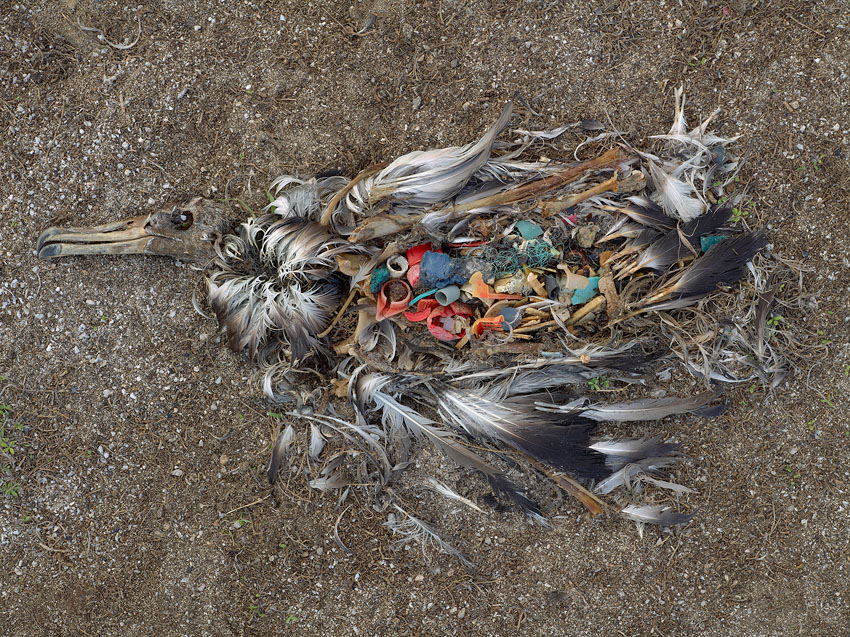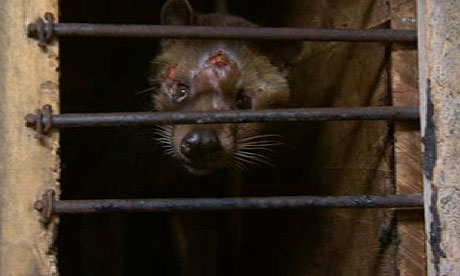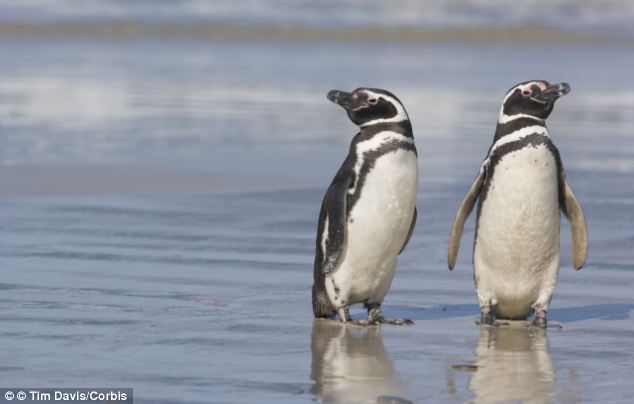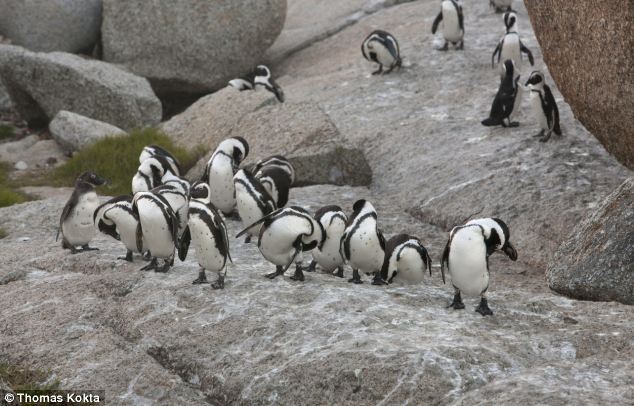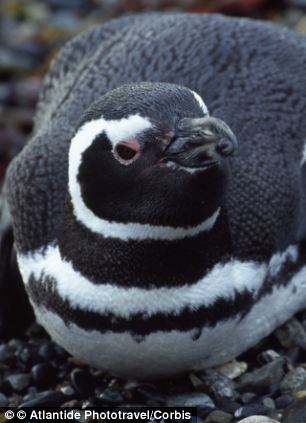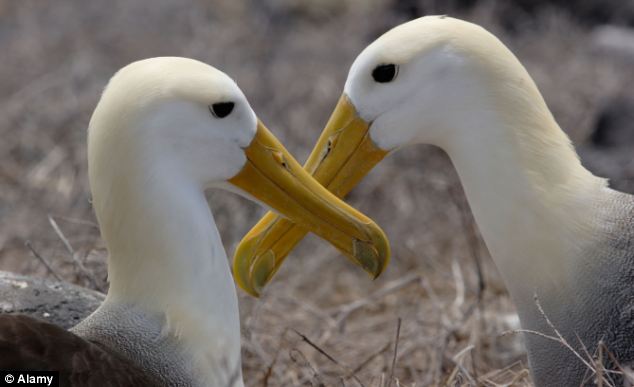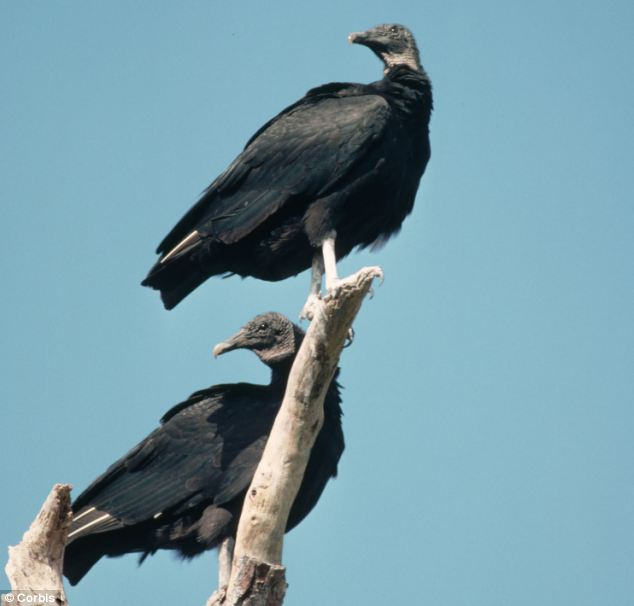
The unexpected hero, Cassandra Lin (image from www.theday.com)
Twelve-year old Cassandra Lin admires “the unexpected hero.” She loves the YouTube story about a young boy from Malawi who created windmills out of bicycle parts to generate electricity for his village.
“I think that was great,” Cassandra says. “Even though he never finished school, he built windmills. He learned on his own. Nobody expected a Malawian kid to generate electricity.”
And nobody expected a kid from Westerly, RI, to create an award-winning recycling program that generates fuel for the needy in her community. But that’s exactly what this sparkly, no-nonsense seventh grader has done.
To Cassandra, it’s all no big deal. It’s what she does with her friends after school.
The recycling program, called Project T.G.I.F. (Turn Grease into Fuel), encourages residents to bring their used cooking oil to the town transfer station to be recycled. There, a contractor picks it up, along with other grease from local restaurants that also donate oil to the program. A biodiesel company then processes it into biodiesel fuel. All of the team’s proceeds are donated to help heat the homes of needy people in Westerly. To make it work, Cassandra and a team of classmates educated themselves about the biodiesel refining process, made their own biodiesel by mixing cooking oil with methanol and lye with proper protection (“It was very safe, don’t worry,” she notes reassuringly), won two separate youth seed grants and convinced an array of community leaders to come on board with the project.
T.G.I.F. is an outgrowth of the Westerly Innovations Network (WIN), a student community service organization started by her father, Jason Lin, in 2002. And Cassandra is quick to credit her older brother, Alex, as a mentor in the project. Alex is a senior member of WIN and serves as the assistant coach to the group’s junior team. Like his sister, he has earned numerous accolades for his own service initiatives.
Cassandra explains, very carefully, how Alex motivates her: “I don’t want to just follow in my brother’s footsteps, but put my footsteps over his. I don’t want people to say, ‘Oh, you’re Alex’s sister.’ I want to make an impact. I want to be better than him, but in a different way.”
As it turns out, a little sibling rivalry has been good for Westerly.
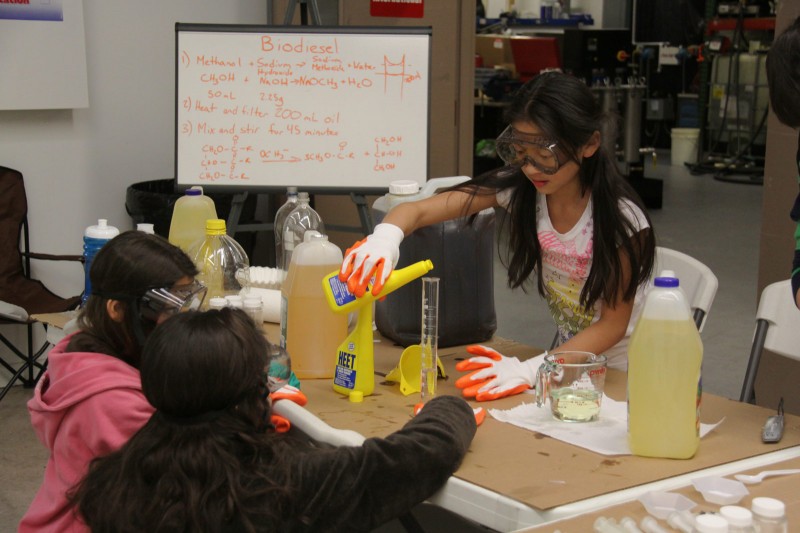
Girl in action: Cassandra Lin – one part cooking oil, one part love (image from www.teenvoices.com)
The genesis of the T.G.I.F. project is a case study in creative pragmatism, as Cassandra explains it: “We looked at an array of problems to see what we could solve in our own community.” A few important strands came together: she learned about turning cooking oil into biodiesel when she attended the Rhode Island Green Expo in 2008; she knew her local community had a non-sustainable program to provide emergency heating for the needy; and, she heard that local restaurants and residents were pouring fats, oils and grease (FOG) down their drains and clogging up town sewage pipes.
Cassandra and her team puzzled over how to combine these problems to devise a solution. An article she found on Google about SF Greasecycle, a municipal effort in San Francisco to collect and recycle cooking oil, clinched the deal. “All of our problems kind of snowballed together,” she says.
That snowballing is no accident. The different pieces that coalesced to form T.G.I.F. were gathered in by a rare combination of forces: clear-sightedness, logic, and a splash of ingenuity.
Cassandra’s fearlessness lies at the center of these forces. Her mind is eager to apply itself to the world, and she does so with a cheerful, scintillating energy that would motivate the most confirmed nay-sayer.
Innovative people need to be encouraged, she says: “Their family should support them and not inhibit their imagination so that they can be as much as they can be.”
Not surprisingly, Cassandra says her parents have created a nurturing space for her by “cheering from the sidelines, giving good advice, pushing me farther.” She adds, “They also expose me to a lot of things. They always want me to learn something new. My dad gives me articles from Time magazine and the Wall Street Journal to read. We also travel a lot, so our eyes have been open to the world from a young age.”
Cassandra is also aware that her parents have placed limits on certain things, although the reasons are fuzzy.
“I don’t have a Facebook,” she says. “I want one, but my parents won’t let me. And we don’t have cable because my parents think that—. ” She considers for a moment. “I don’t know what they think. They just don’t think that cable is a good thing.”
The mysterious ban on television in the Lin household thankfully doesn’t extend to the Internet, where Cassandra says she gathers important ideas, such as how to make biodiesel.
“It’s really hard to believe that YouTube only started in 2005,” she reminisces. “I was seven. I never really used YouTube until I was like nine or ten.”
Reminded that she herself is on YouTube, speaking as a delegate to the Tunza International Youth Conference held in South Korea last year, she responds like the unexpected hero:
“Am I?”
[source :
http://www.businessinnovationfactory.com/iss/innovators/cassandra-lin]

